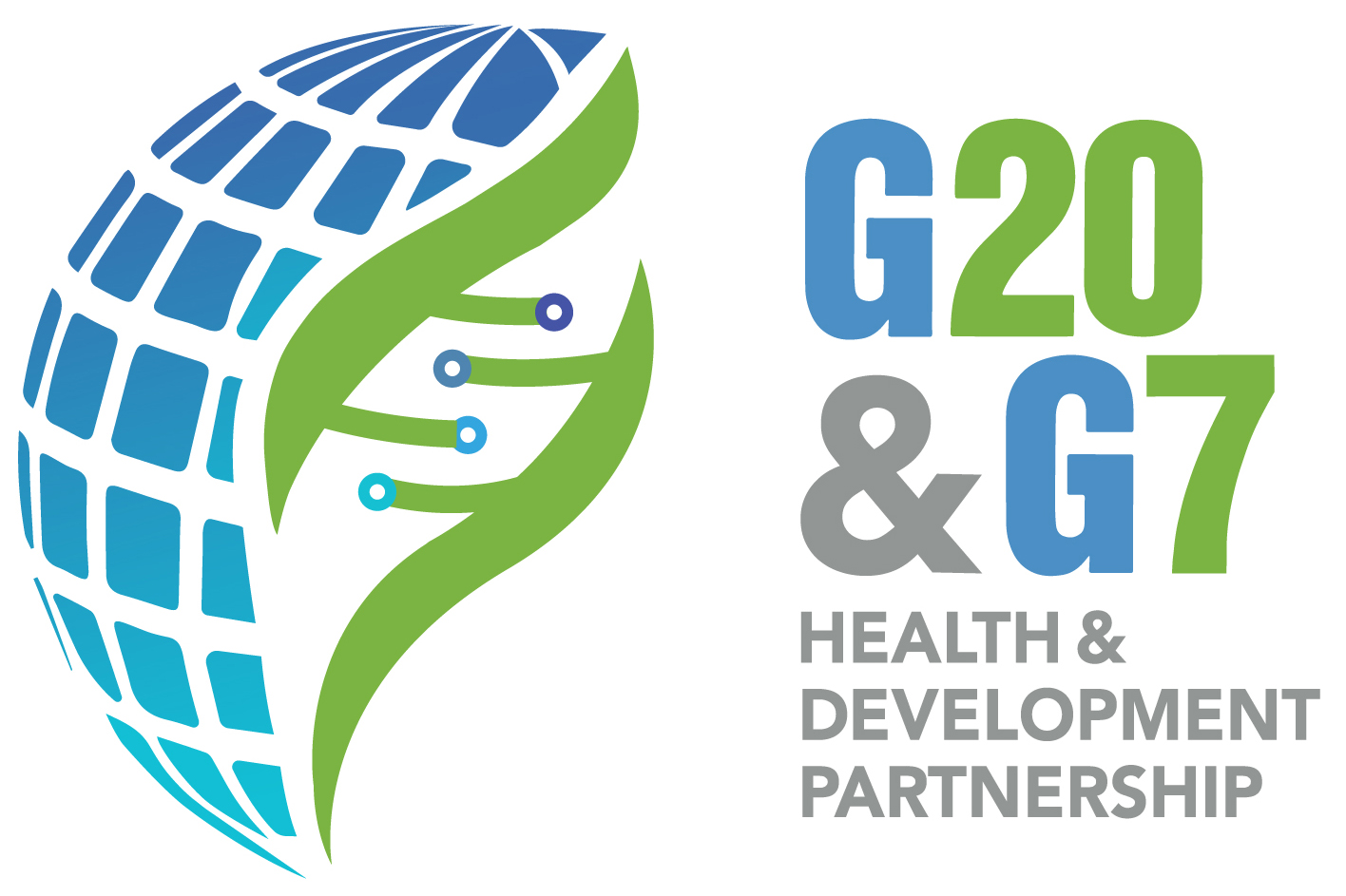The G20 Health and Development Partnership (G20 HDP) convened the roundtable in line with the focus of the Argentinian G20 Presidency and its Health Working Group (HWG) prioritising global health and existing global health threats in the context of the 2030 Agenda for Sustainable Development. The coalition of public-, private and research institutes gathered alongside public figures, international organisation representatives and diplomats ahead of the 71st World Health Assembly (WHA) in Geneva to discuss how the current Argentinian G20 Presidency can show continued leadership in global health involving PDP’s, the private sector, civil society, innovators, entrepreneurs, international organisations in addition to government representatives and research institutes, in order to ensure continuity of the German Presidency (2017) through the Argentinian G20 Presidency (2018) leading up to the Japanese G20 Presidency (2019) and beyond.
Speakers at the roundtable agreed that there is a need to develop effective diagnostics and technologies to identify and deal with the consequences of AMR. The issues associated with innovation and delivery related to diagnostics is a major challenge as there are limited mechanisms to transfer developed diagnostics to resource-constrained countries; and health systems of poorer countries often lack the adequate capacities and capabilities to manage these challenges.
Being aware of these health challenges, partner institutions at the roundtable introduced their best practice cases and economic models to combat some of the pertinent health crises of innovative funding models for health projects in developing and least developed countries. Additional examples of blended financing mechanisms and social enterprises were also shared. However, despite these excellent models, most health stakeholders still operate in silos, creating an “elephant in the room” that prevents them from having a bigger impact by creating partnerships and pooling their messages to policy makers at the highest level in a common language that could ensure a real impact on the regional, national and multilateral stage such as the G20. Following the identification of these problems, all stakeholders identified three domains during the event that are essential for a successful partnership under SDG17 and to provide better health for all under SDG 3 that leaves no one behind including: (1) the need to identify and list the aspects of global health challenges where it is possible for progress to be made within the coming five years; (2) the need to generate and record compelling evidence on economic rationale and the benefits of investing as well as the economic and social consequences of inaction; and (3) the need to generate economic models with concrete examples, are crucial imminent actions that the G20 partnership can add fundamental value to and promote during the Japanese G20 Presidency in 2019.
The roundtable proposed that they could assist the G20 process by providing Heads of Governments, Finance Ministers and Health Ministers with concrete examples that have been successfully implemented and which provide irrefutable evidence of the economic rationale and the benefits of investing in global health R&D and innovation and delivery as well as the economic and social consequences of inaction. The G20 HDP provided the G20 troika with exemplars of partnership initiatives that could be rolled out on a much wider scale in order to tackle the health burden.

